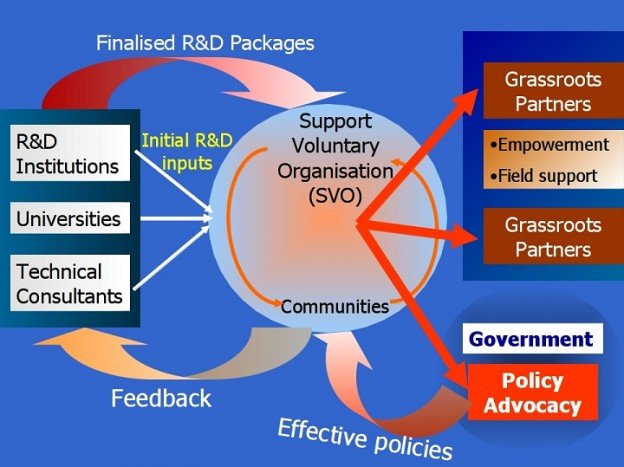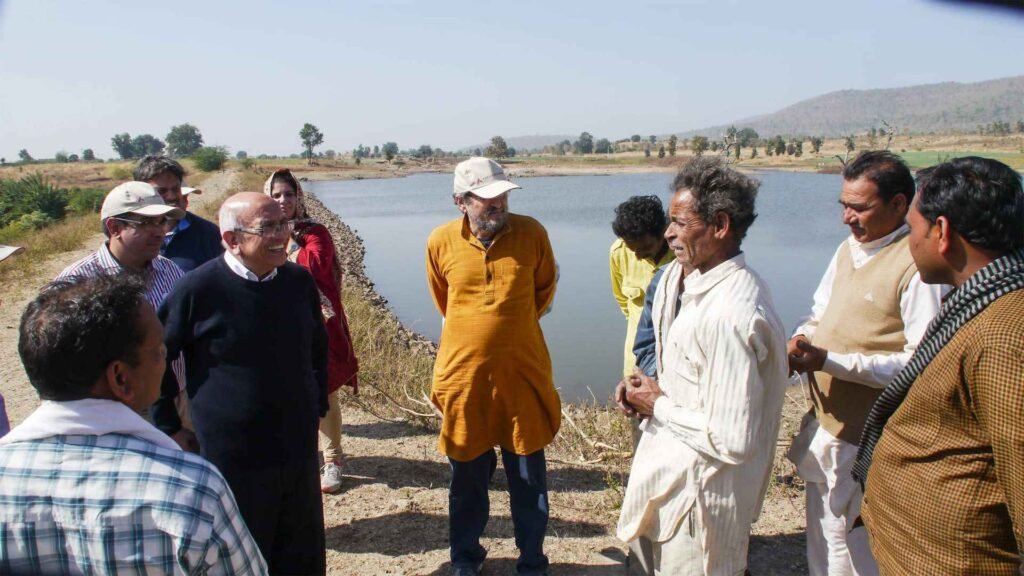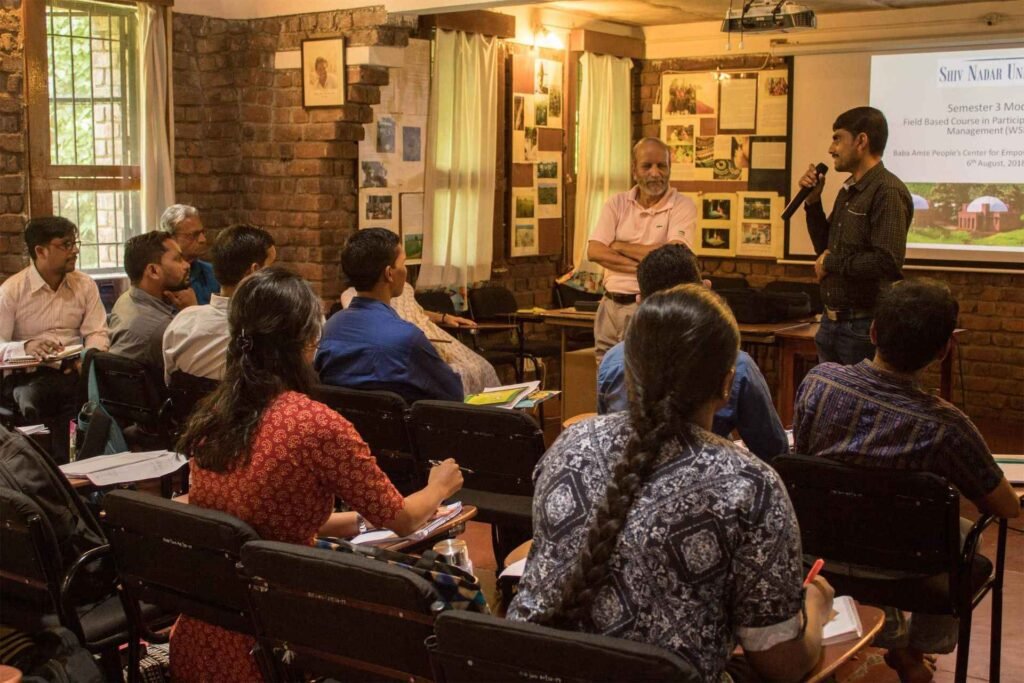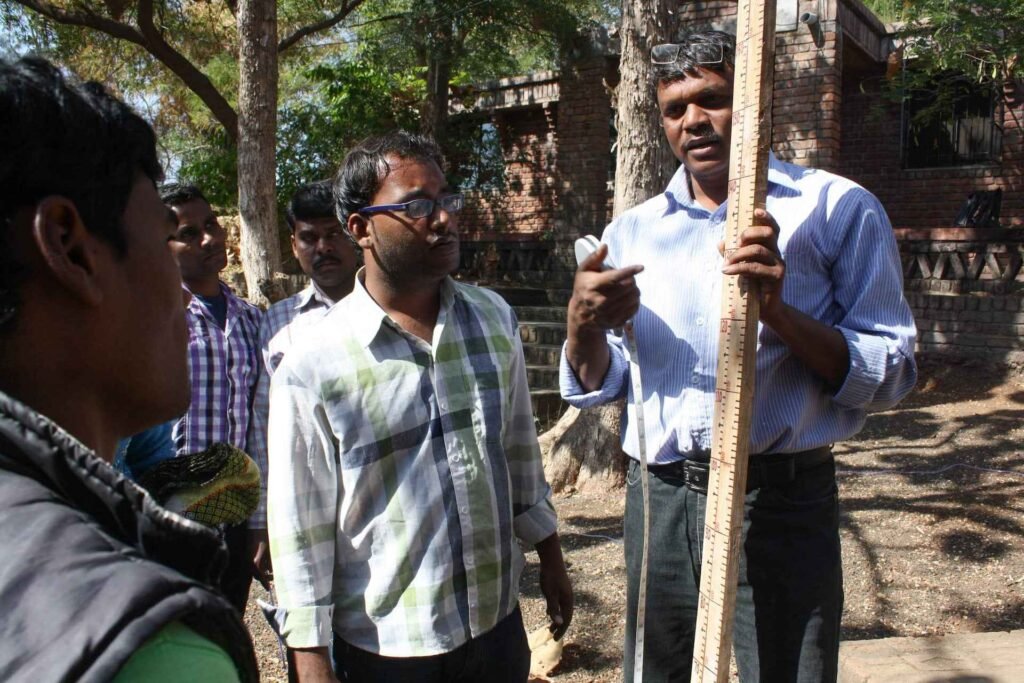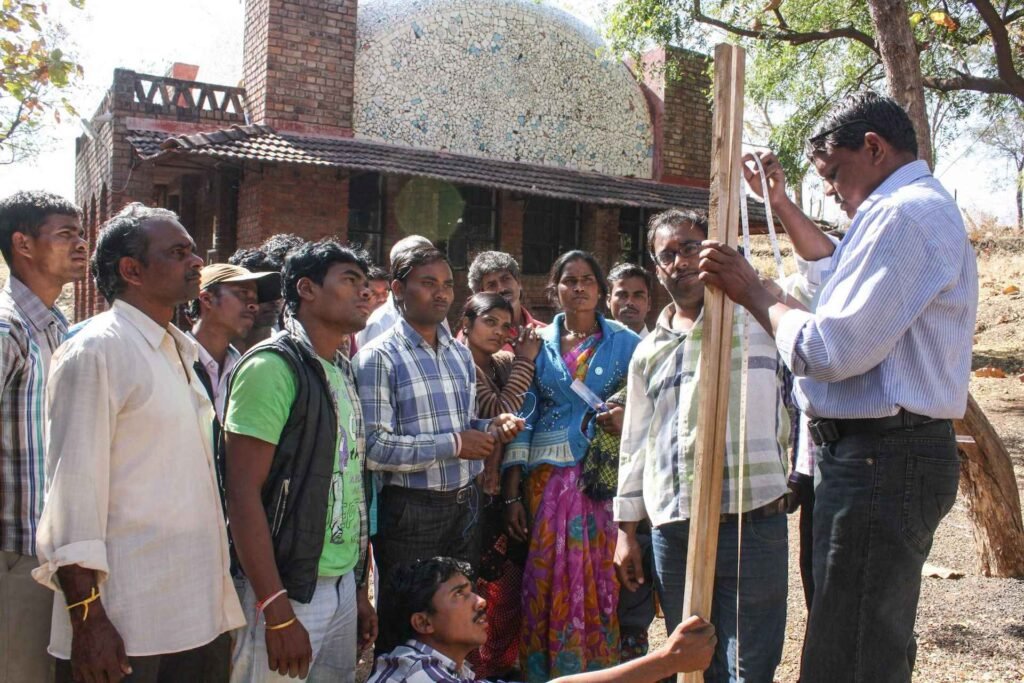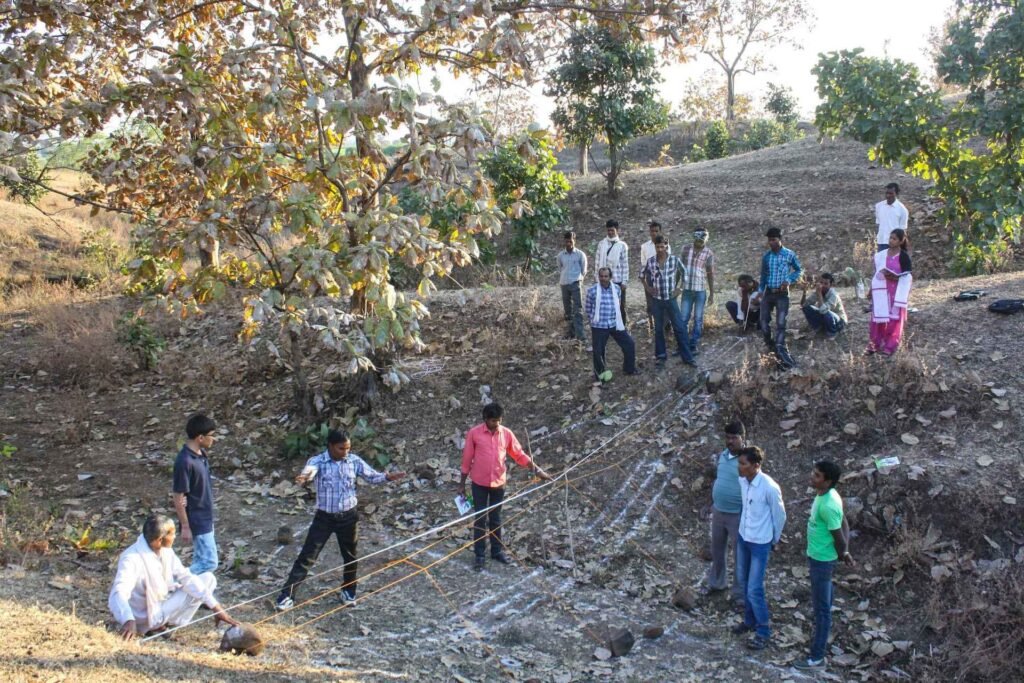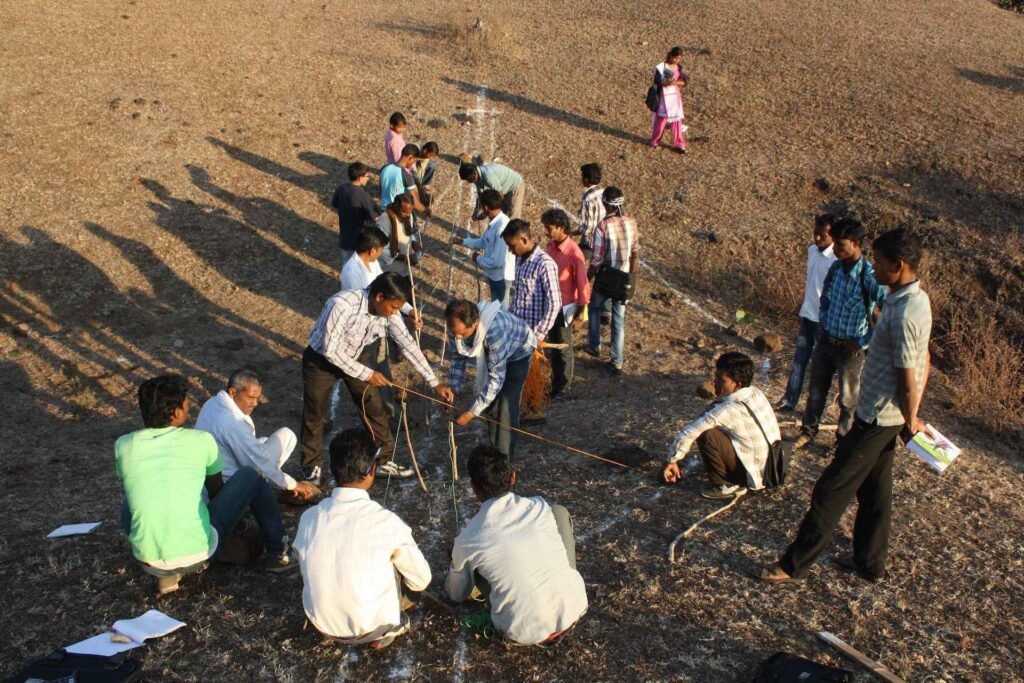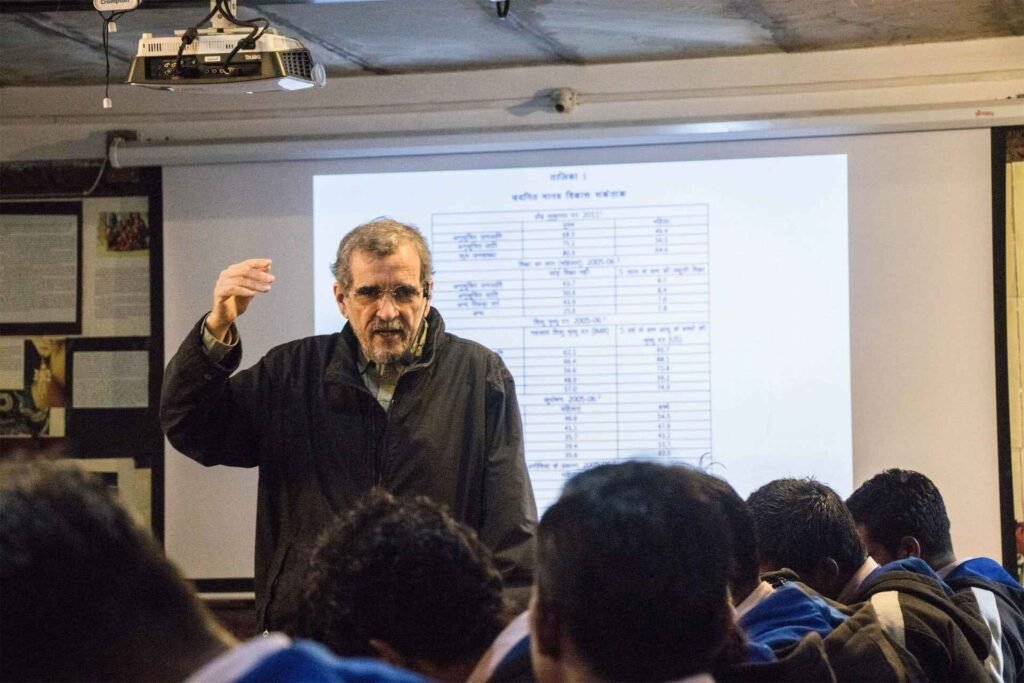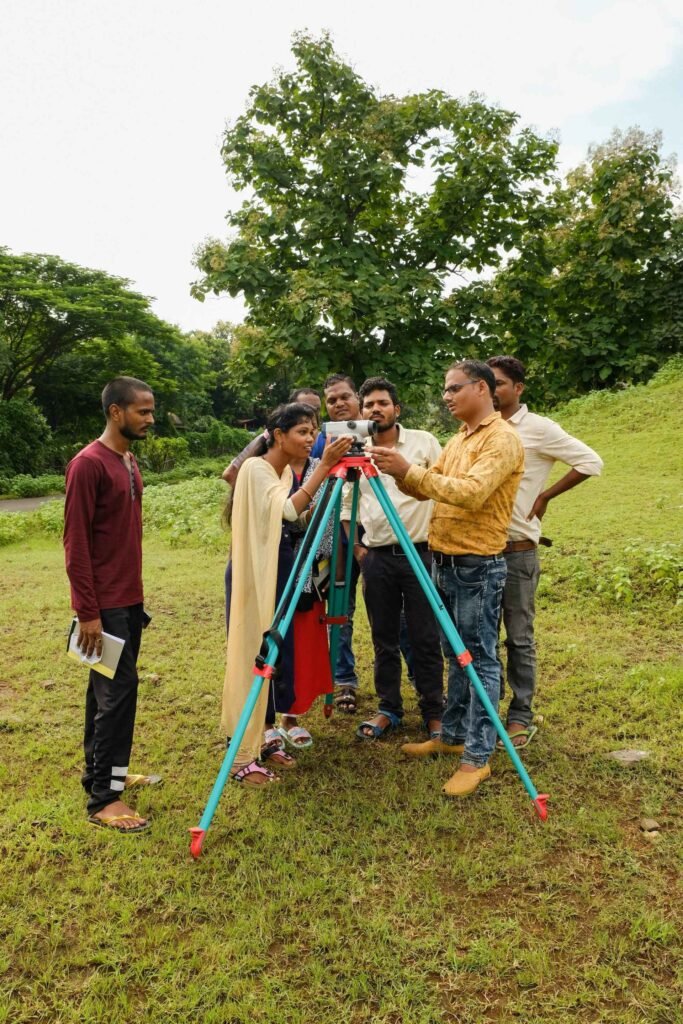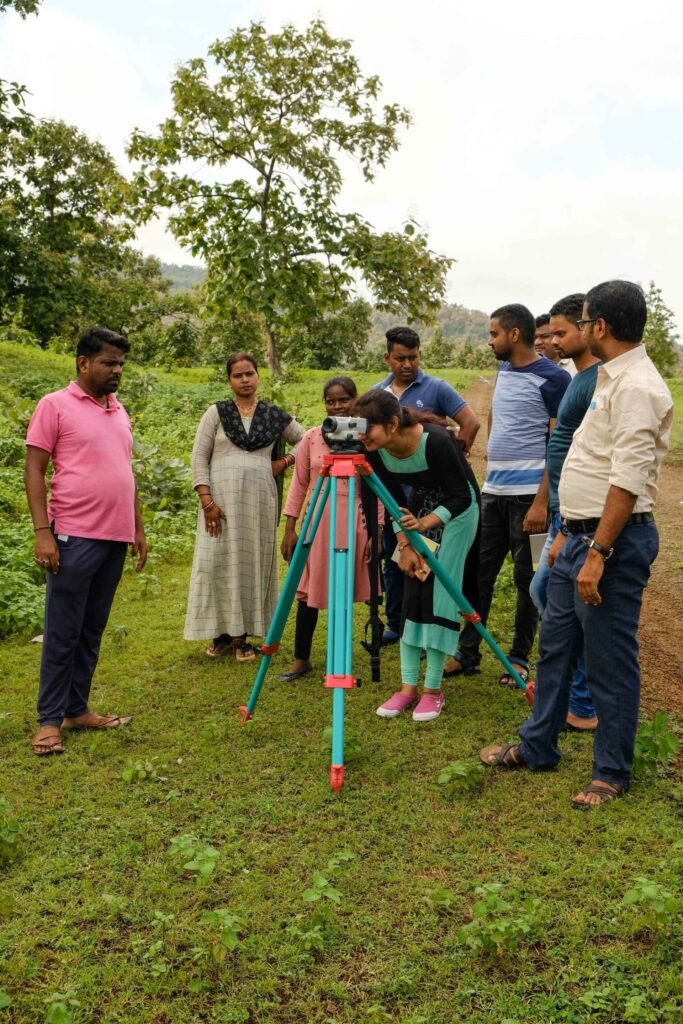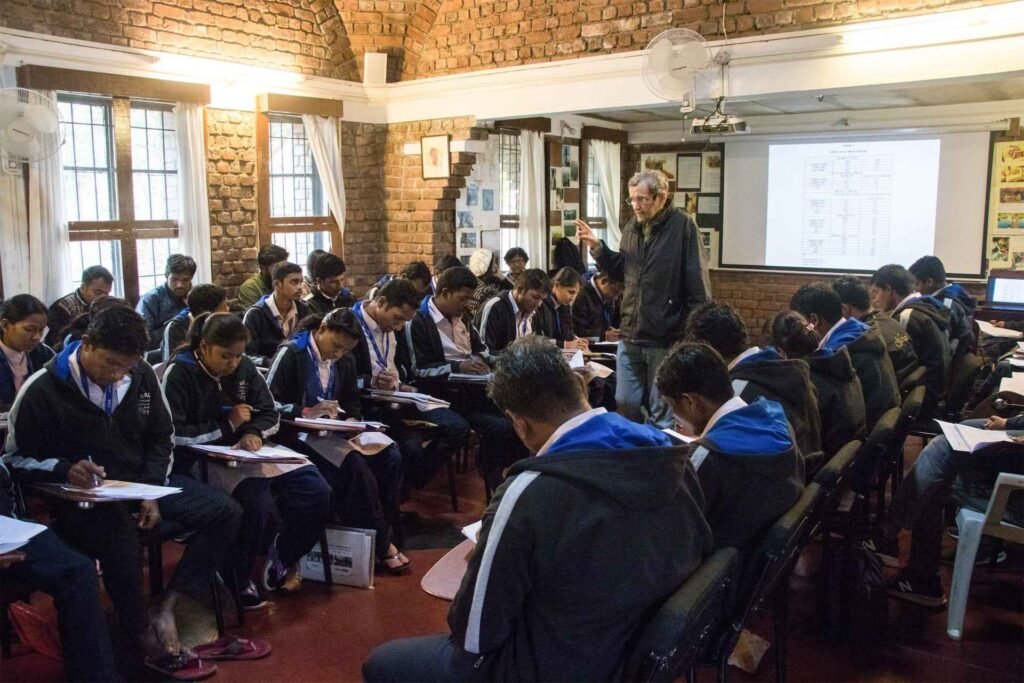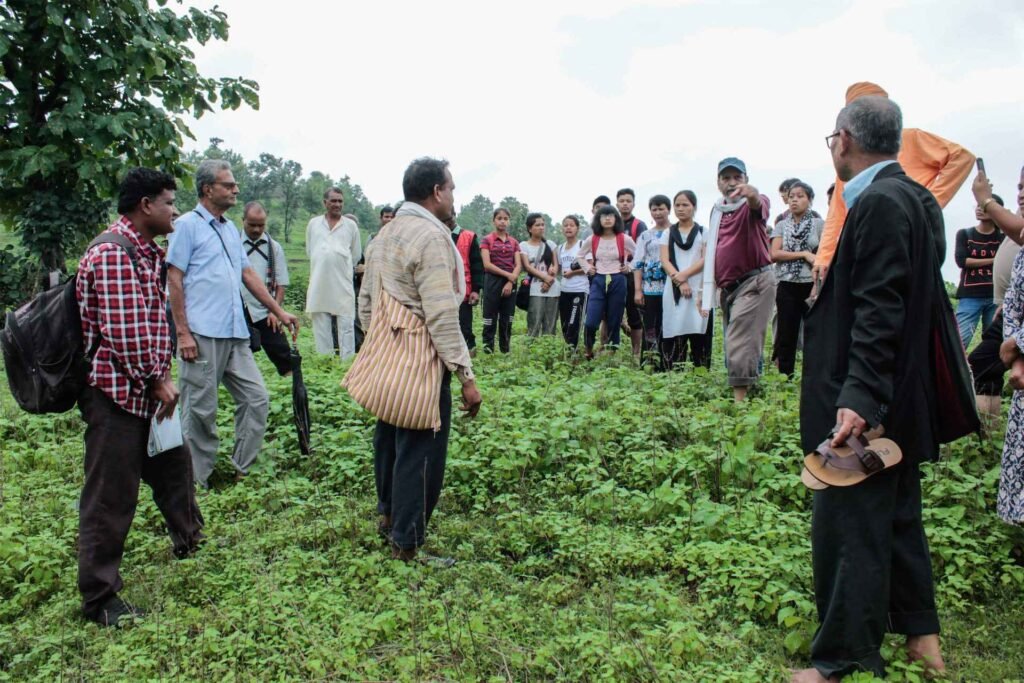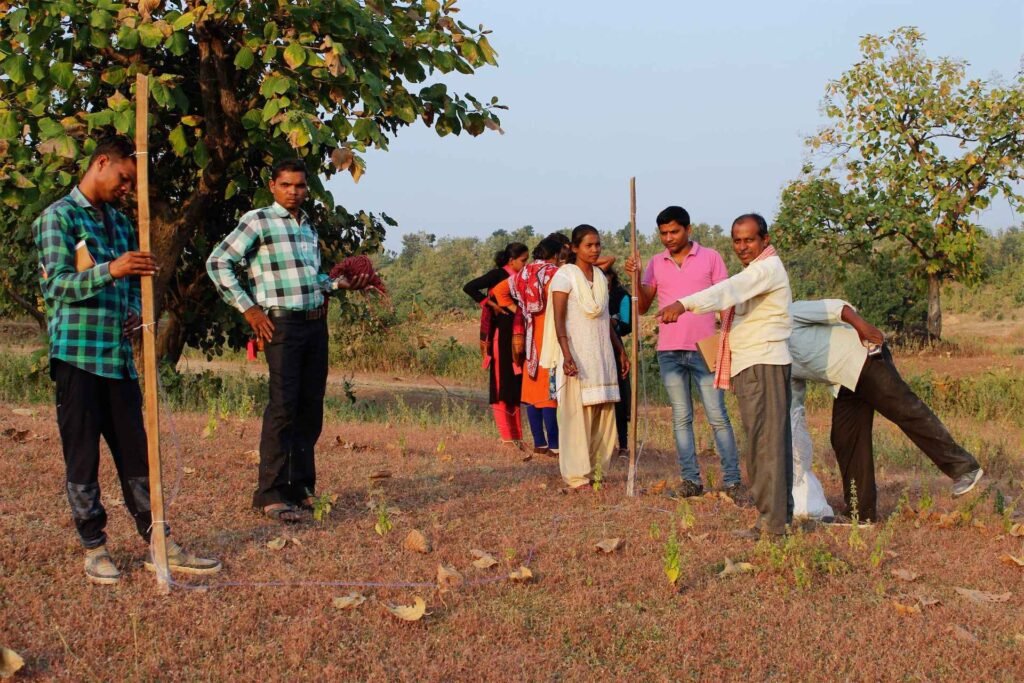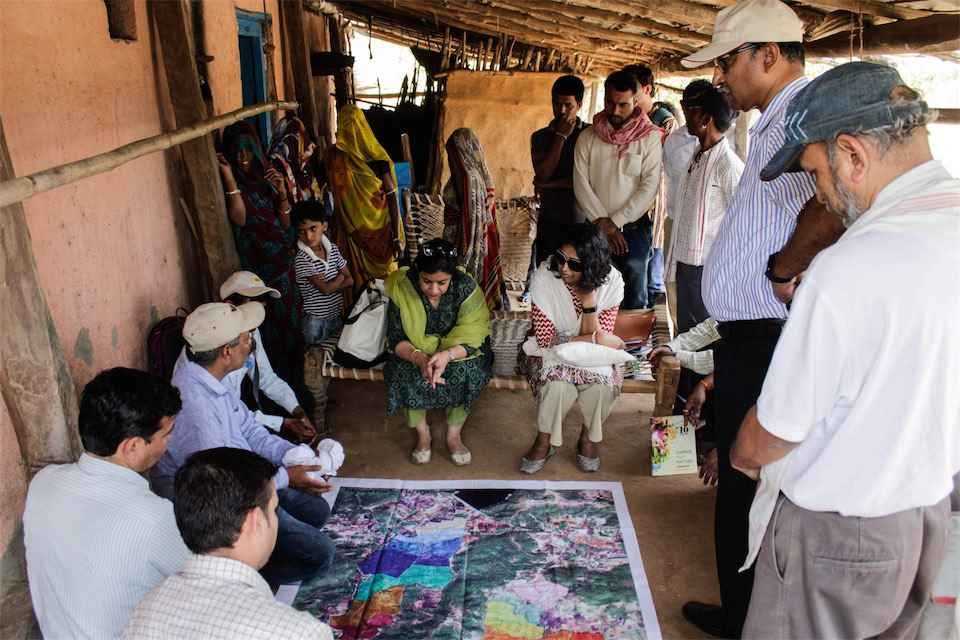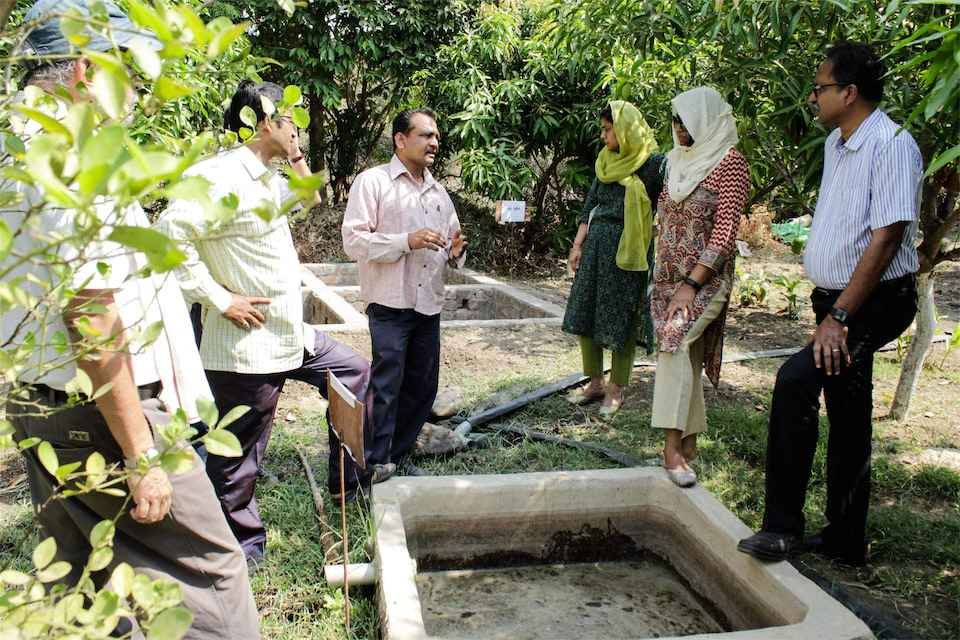Support Voluntary Organisation
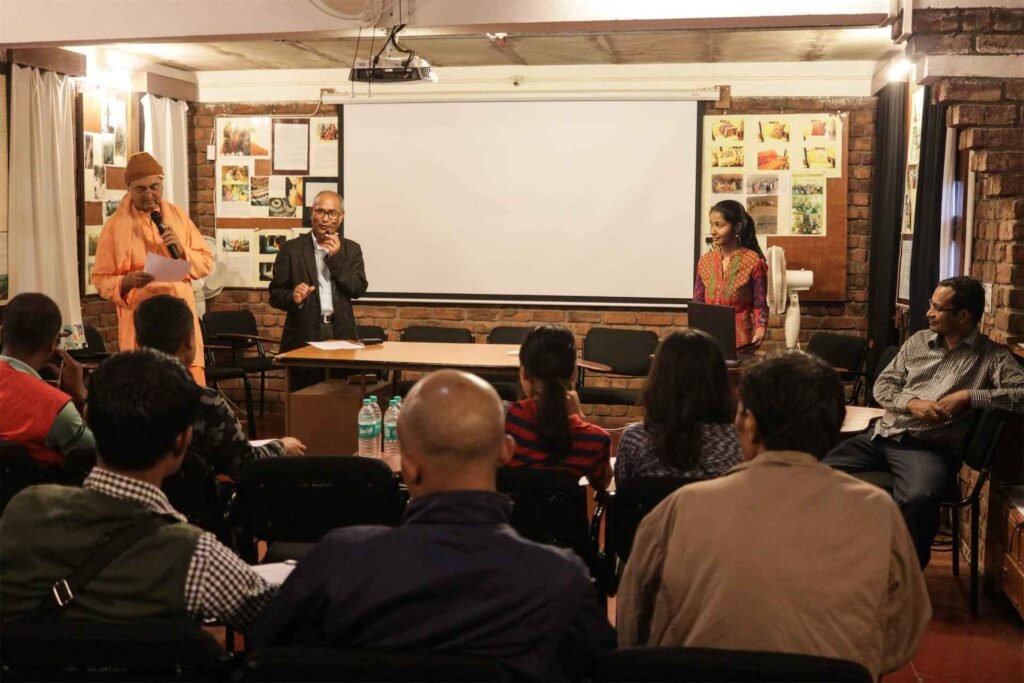
Since inception, SPS has continuously been engaged with the question of scaling up the impact of its work. The challenge is to work at scale, without compromising on quality. Rather than directly expanding the scale of our own operations (and risk bureaucratisation), we have opted to remain a lean, learning organisation that builds on partnerships. In this way, we are able to retain quality while achieving scale, thus overcoming the oasis syndrome that most NGO work suffers from. Our experience has taught us that the most difficult part of our work is the task of mobilising local communities and empowering them, leading to formation of local leadership in the long-term. It is our conviction, fortified by our experience over the last decade, that the most powerful way in which we can upscale the impact of our work is to build partnerships with those grass-roots NGOs, PRIs, governments, Civil Society, Organisations, and other stakeholders as a Support Voluntary Organisation (SVO). It is this vision that led to the formation of the Baba Amte Centre for People’s Empowerment (the first institution to be named after Baba Amte anywhere in the world) in 1998 at the Adivasi village Neemkheda in Bagli Tehsil of Dewas District, Madhya Pradesh. The center serves as a training facility, a living classroom, in which we provide tailored modules that focus on sharing technical expertise with the partners.
As one of the seven SVOs set up by the Government of India for its watershed program, SPS has provided 44,132 person-days of training for 5,845 persons in 254 programs. Trainings have focused on watershed works implemented through MGNREGA, but the mix of classroom and field sessions educate attendees on the micro-finance models and other livelihood activities that complement watershed works. These programs strengthen the effectiveness of various kinds of partnerships:
1. With grass-roots NGOs, who implement the program in their own areas by mobilising local communities and working with panchayat raj institutions (PRIs), the institutions of local self-government in India. The SVO builds the capacities of these partner NGOs and develops them into a network. Over the last decade, we have worked on 2 million acres of land with 122 such partners in 72 of India’s most backward districts across 12 states. It is through their work at the grassroots that SPS interventions attain a greater scale.
